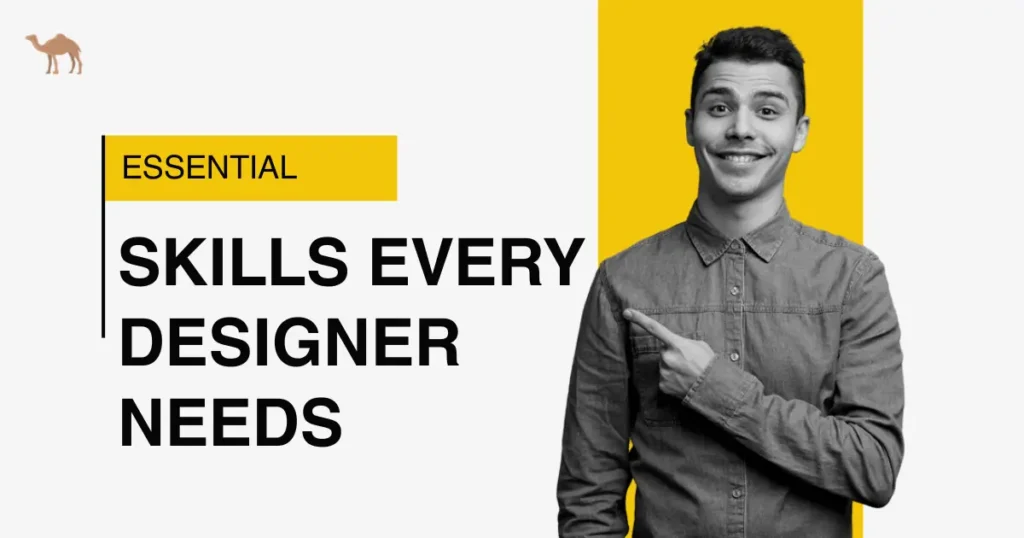Introduction
Web development is crucial for designers today. It allows for creating visually appealing and functional websites. Whether you’re new or experienced, mastering web development sets you apart. Let’s dive into the essential skills every designer needs.

HTML and CSS
Understanding HTML Structure
HTML is the backbone of web development. It provides the structure for web pages with elements like headings, paragraphs, and images.
Styling with CSS
CSS makes your HTML come alive by controlling the look and layout. It’s essential for implementing creative designs with typography, color schemes, and layouts.
JavaScript Basics
Adding Interactivity
JavaScript adds interactivity to websites, from form validation to animated graphics. It’s key to engaging user experiences.
Popular JavaScript Libraries
Libraries like jQuery and frameworks like React and Angular simplify complex tasks and enhance functionality.
Responsive Design
Media Queries
Responsive design ensures websites work well on all devices. Media queries help apply different styles based on screen size.
Flexbox and Grid
Flexbox and CSS Grid make creating complex, responsive layouts easier, ensuring good design on various screens.
Frameworks and Libraries
Front-end Frameworks
Frameworks like React, Angular, and Vue.js help build interactive user interfaces efficiently.
Back-end Frameworks
Frameworks like Node.js, Django, and Ruby on Rails handle server-side operations, managing databases, logic, and security.
Development Tools and Practices
Version Control with Git
Git tracks changes, facilitates collaboration, and manages project versions. GitHub is a popular platform for sharing code.
Development Environments and IDEs
IDEs like Visual Studio Code and Sublime Text enhance coding with features like syntax highlighting and debugging tools.
UX/UI Design
User-Centered Design Principles
User-centered design ensures websites are intuitive and enjoyable, involving user research and usability testing.
Prototyping and Wireframing
Tools like Sketch, Figma, and Adobe XD help visualize layouts and user journeys before development begins.
Soft Skills
Problem-Solving and Debugging
Problem-solving is key for developers. Debugging tools like Chrome DevTools help identify and fix code errors.
Communication and Collaboration
Effective communication and collaboration with team members and stakeholders are crucial for successful projects.
Conclusion
Mastering web development combines technical and soft skills. From HTML and CSS to advanced frameworks, continuous learning keeps you ahead in web design.